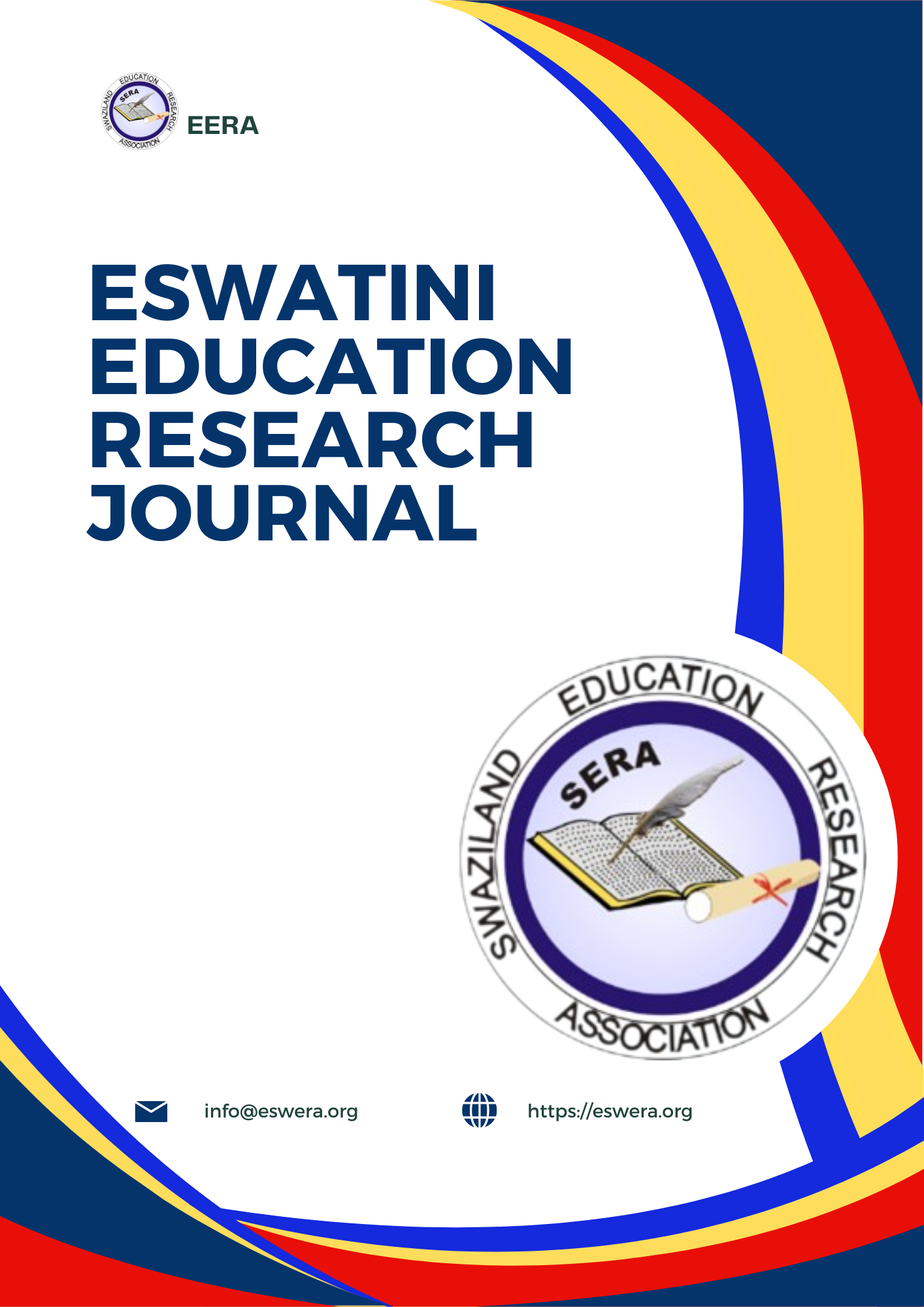Exploring the Integration of Ethno-mathematics in Secondary School Mathematics Teaching in Eswatini: An Analysis of Teachers’ Practices and Perceptions
Keywords:
Ethno-mathematics, Indigenous Knowledge, Cultural Relevance, Teaching Practices, Learner Engagement, Mathematics EducationAbstract
The significance of incorporating indigenous mathematical knowledge to facilitate the understanding of school mathematics in the mathematics classroom should not be underestimated by the mathematics teachers. Oftentimes, secondary school mathematics teachers teach mathematics as though mathematics has no link to the learners’ culture in anyway. This approach to teaching mathematics does not help the learners to understand certain mathematical concepts. The purpose of the study was to explore the prevalence of the use of the ethnomathematics approach among secondary school mathematics teachers. Its objective was to find the extent to which secondary schoolteachers make connections between school mathematics and the learners’ out-of-school mathematics practices. Connecting the teaching of mathematics to the learners’ cultural activities helps the learners to see the utility of mathematics. Twenty mathematics teachers participated in this study, which used a survey research design and a mixed approach. It employed questionnaires and interviews to collect data from the participants. The major themes that emerged from the data analysis revealed that secondary school mathematics teachers believe that indigenous mathematical knowledge has no place in the official secondary school mathematics; it is very rudimentary. It also emerged that some mathematics teachers lack the skills required to identify mathematical concepts in the learners’ culture in most topics. The significance of these findings is that they assist in explaining why most learners do not perform well in mathematics. It was concluded that the majority of the mathematics teachers do not make a link between the teaching of mathematics and the learners’ culture.
Downloads
Published
Issue
Section
License
Copyright (c) 2025 Dr Munamato Turugari

This work is licensed under a Creative Commons Attribution-NonCommercial-ShareAlike 4.0 International License.
The Creative Commons Attribution-NonCommercial-ShareAlike 4.0 International (CC BY-NC-SA 4.0) license terms are as follows:
License Overview: This license allows you to share and adapt the material for non-commercial purposes only, as long as you give credit to the original author and license your new creations under the identical terms.
Key Terms:
Attribution: You must give credit to the original author, provide a link to the licence, and indicate if changes were made.
NonCommercial: You may not use the material for commercial purposes.
ShareAlike: If you remix, transform, or build upon the material, you must distribute your contributions under the same licence as the original.
Permissions:
- Reproduce and share the licensed material in whole or in part for non-commercial purposes.
- Produce, reproduce, and share adapted material for non-commercial purposes only.
- Exceptions and Limitations: Where exceptions and limitations apply to your use, this licence does not apply, and you do not need to comply with its terms and conditions.
Term: The term of this licence is specified in Section 6(a) of the licence agreement.


